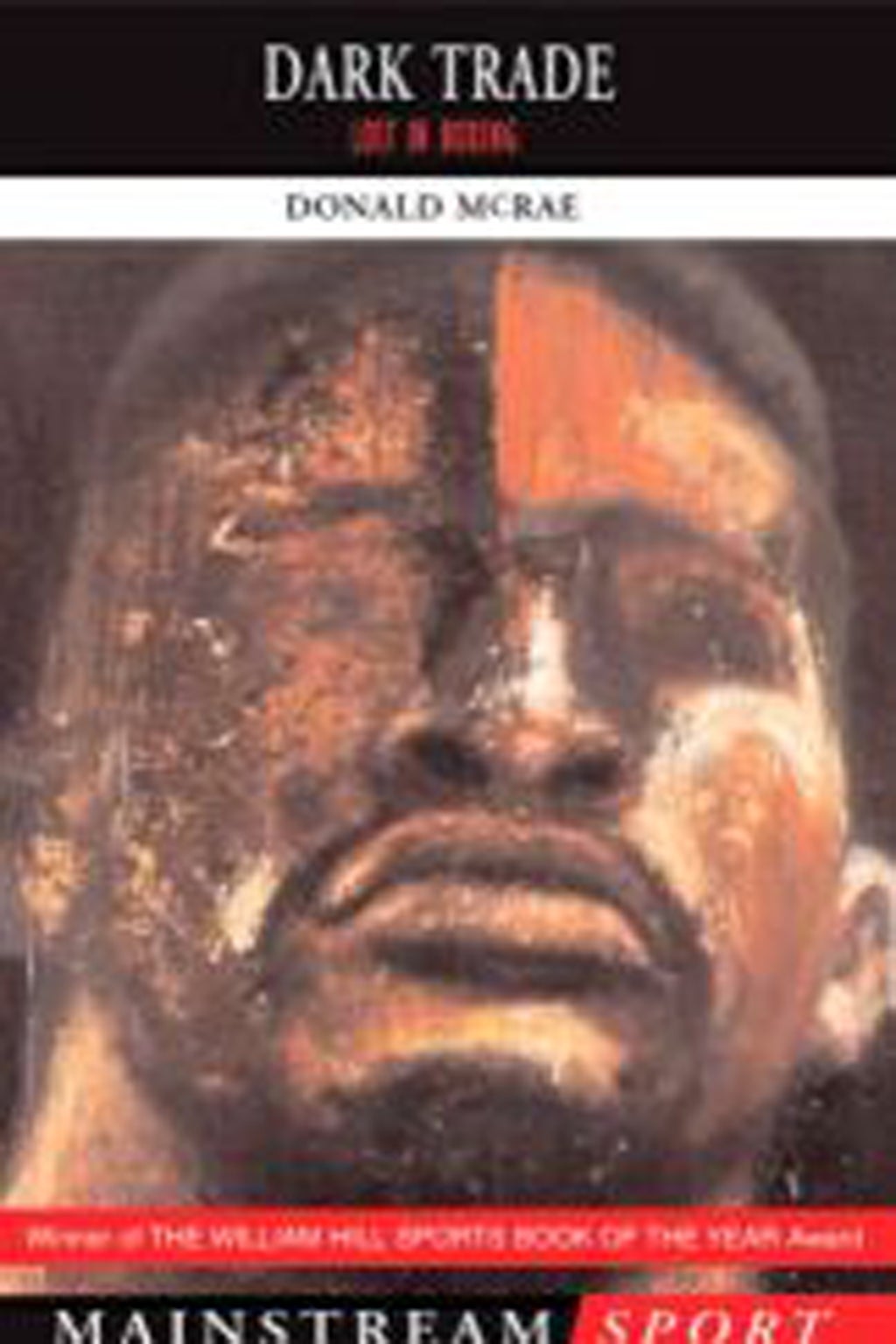Book of the week: Dark Trade - Lost in Boxing by Donald McRae

Your support helps us to tell the story
From reproductive rights to climate change to Big Tech, The Independent is on the ground when the story is developing. Whether it's investigating the financials of Elon Musk's pro-Trump PAC or producing our latest documentary, 'The A Word', which shines a light on the American women fighting for reproductive rights, we know how important it is to parse out the facts from the messaging.
At such a critical moment in US history, we need reporters on the ground. Your donation allows us to keep sending journalists to speak to both sides of the story.
The Independent is trusted by Americans across the entire political spectrum. And unlike many other quality news outlets, we choose not to lock Americans out of our reporting and analysis with paywalls. We believe quality journalism should be available to everyone, paid for by those who can afford it.
Your support makes all the difference.This last week I started reading three recent boxing autobiographies or biographies, but didn’t get far with any of them. They weren’t awful, but weren’t good either – plodding, literally blow-by-blow accounts offering little insight into the moral, emotional and financial complexities of what Mike Tyson has memorably called “the hurt business”.
I thought back to Dark Trade, because it gets to the heart of those issues in a way few other books on boxing have managed. It was first published in 1996 but will be reissued this spring, and it is still in print and available on Kindle.
Donald McRae is a white South African, a fact not calculated to endear him to the predominantly black protagonists around which Dark Trade is based. But his obvious obsession with, and conflicted love of, boxing must have disarmed them, because through many hundreds of hours of meetings they opened up to him. The roll-call of his interviewees is impressive: it includes Muhammad Ali, Mike Tyson, Frank Bruno, Chris Eubank, Nigel Benn, Michael Watson, Oscar De La Hoya, Naseem Hamed and James Toney, plus the promoters Don King and Frank Warren. McRae plays an active part in the narrative, but his presence is enhancing rather than obtrusive as he wrestles with the sport’s ambiguities.
Death and catastrophic injuries stalk the pages, and few of the fighters he talked to escaped the ring unscathed; he grew especially close to Toney, his favourite boxer, and Toney’s subsequent decline into slurring incoherence in the Noughties provides a sad, unwritten coda.
McRae’s original choice of title was Showtime; he had planned an altogether jauntier work, emphasising the glitz and glamour of the fight game. The sombre truths he learned inspired instead a haunting, utterly memorable book.
Published in paperback by Mainstream, £11.99
Join our commenting forum
Join thought-provoking conversations, follow other Independent readers and see their replies
Comments